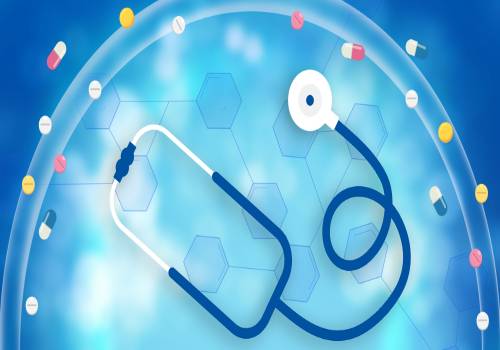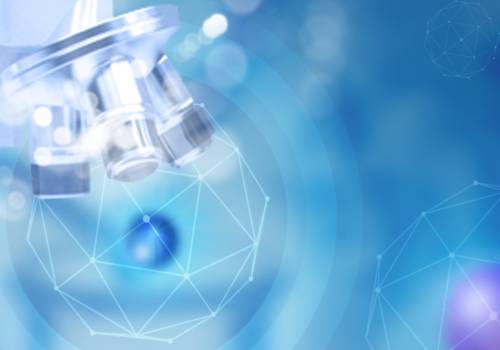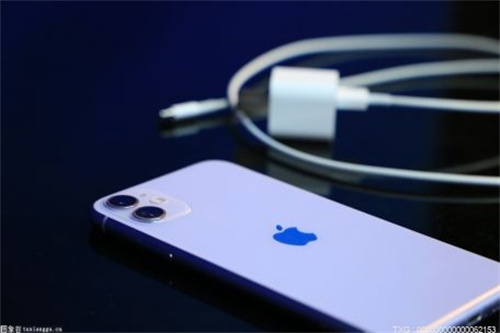A researcher works at a lab in a health industrial park in Yongchuan district of Chongqing, on Dec 16, 2022. [Photo/Xinhua]
The Beijing Municipal Health Commission said on Wednesday that all experiments related to COVID-19 must be approved in advance by local or national health authorities, emphasizing that unauthorized tests and research are strictly prohibited.
The health commission cited a recent notice released by the National Health Commission on the need to further enhance biosecurity measures involving the novel coronavirus.
 (相關(guān)資料圖)
(相關(guān)資料圖)
Laboratory activities, such as novel coronavirus cultivation, infection experiments on animals and nucleic acid testing, can only be carried out after regulatory approval is obtained for each of them. Activities exceeding the range of experiments that have gained approval are forbidden, the city"s health commission said.
It also emphasized that efforts should be made to conduct risk assessments, enforce personal protective measures to prevent cross-infection at laboratories and ramp up training of laboratory workers.
Special storage rooms must be set up to keep viral strains or samples of the novel coronavirus. Each room must be equipped with surveillance devices and secured with two locks, overseen by two guards.
Authorization to transport viral strains or potentially contaminated samples should also be obtained in advance, according to the health commission.
District-level health authorities are required to survey institutions that work with viral strains, monitor all experiments they conduct and keep an eye on the condition of viral strains and test or research samples they handle.
"Supervision and inspections should be stepped up to buffer biosafety risks," the health commission said.
In a notice on Jan 17, the National Health Commission said that China is facing a new situation and new tasks related to biosecurity following the optimization of its COVID-19 measures.
The National Health Commission said that cultivation of the novel coronavirus and animal infection experiments should be handled in a P3 laboratory — the second-highest biosafety level in a four-tier system — or a laboratory with higher degree of precautions in place.
Activities involving "uncultured, infectious materials" and "inactivated materials" should be conducted at P2 or higher level laboratories. In addition, designated personnel should be arranged to manage and record information on viral strains and infectious samples in storage rooms.
"After an experiment is completed, lab workers should transfer viral strains to depository facilities within six months or promptly destroy them. Infectious samples should be destroyed or inactivated immediately," the national commission"s notice said.
If a novel mutation is isolated in a laboratory, the strain should be sent to a depository institution within 90 days, it added.
By August last year, China had 63 P3 and P4 laboratories, and 46,000 P2 ones to handle pathogens that can infect humans, according to the national commission.
Liu Dengfeng, an official with the commission"s Department of Health Science, Technology and Education, said during a previous interview that authorities have been attaching great significance to increasing biosecurity at laboratories and strengthening regular supervision.
標(biāo)簽: experiments COVID













